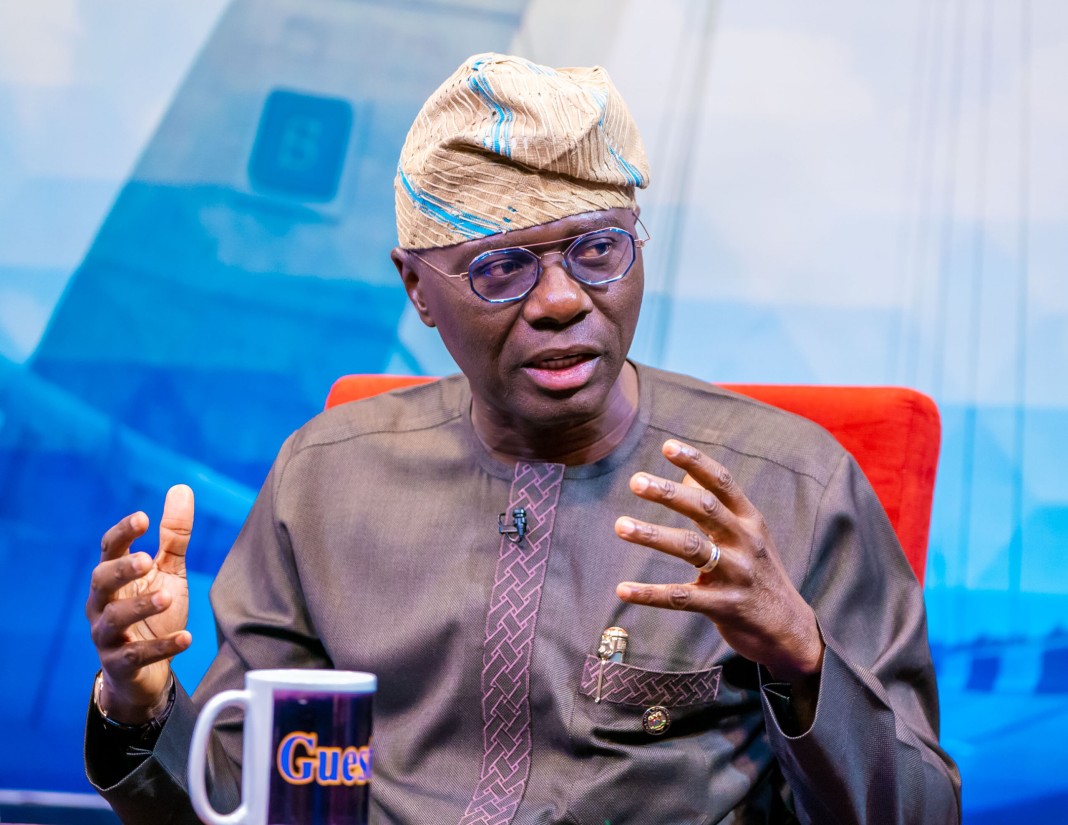Governor Babajide Sanwo-Olu’s apology to Lagos residents over the hours-long gridlock caused by the closure of the Independence Bridge underscores the challenges of managing infrastructure repairs in a highly populated and busy city like Lagos. While the traffic congestion was frustrating for thousands of commuters, Sanwo-Olu emphasized that the closure was a necessary measure to avoid a potential disaster, highlighting the importance of proactive infrastructure maintenance.
It’s clear that the government took the decision to close the bridge with the best intentions in mind—ensuring the safety of residents by addressing a potential risk before it could escalate into something more catastrophic. However, the unforeseen consequences of the closure, especially the massive traffic disruptions, have led to public frustration. Sanwo-Olu’s acknowledgment of the inconvenience caused and his apology were likely an attempt to take responsibility and maintain trust among Lagosians.
The involvement of the Minister of Works, David Umahi, in ordering the bridge’s re-opening to ease traffic congestion further shows the urgency of the situation. It appears that the government is working to balance the need for urgent repairs with the impact on daily life in Lagos.
Looking ahead, it will be interesting to see how the government works to minimize disruptions in similar future scenarios. Investments in alternative routes, improved communication with commuters, or more effective planning could help reduce the strain on residents during such necessary maintenance projects.
Do you think the apology and quick re-opening of the bridge will help restore public confidence, or will the traffic issues continue to overshadow the good intentions behind the repairs?

